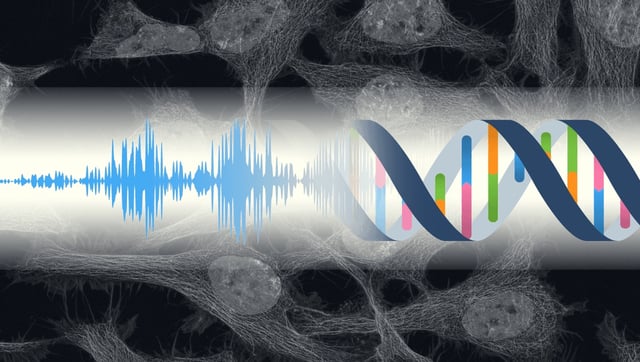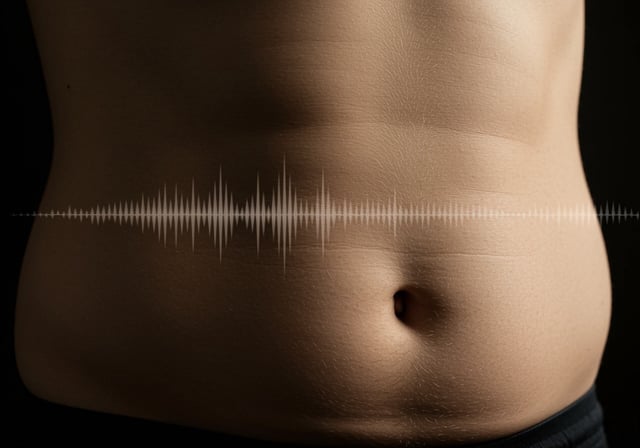Overview
- Kyoto University researchers have shown that living cells can directly sense and respond to audible sound waves, challenging traditional notions of sound perception.
- The study identified approximately 190 sound-sensitive genes, revealing that acoustic stimulation can alter gene expression in frequency- and density-specific ways.
- Exposure to sound waves was found to significantly suppress adipocyte differentiation, preventing precursor cells from becoming fat cells.
- The findings suggest that sound, as a non-invasive and safe stimulus, could be leveraged for therapeutic and medical innovations.
- This research shifts understanding of sensory biology, showing that hearing is not exclusively mediated by specialized organs like ears or the brain.


